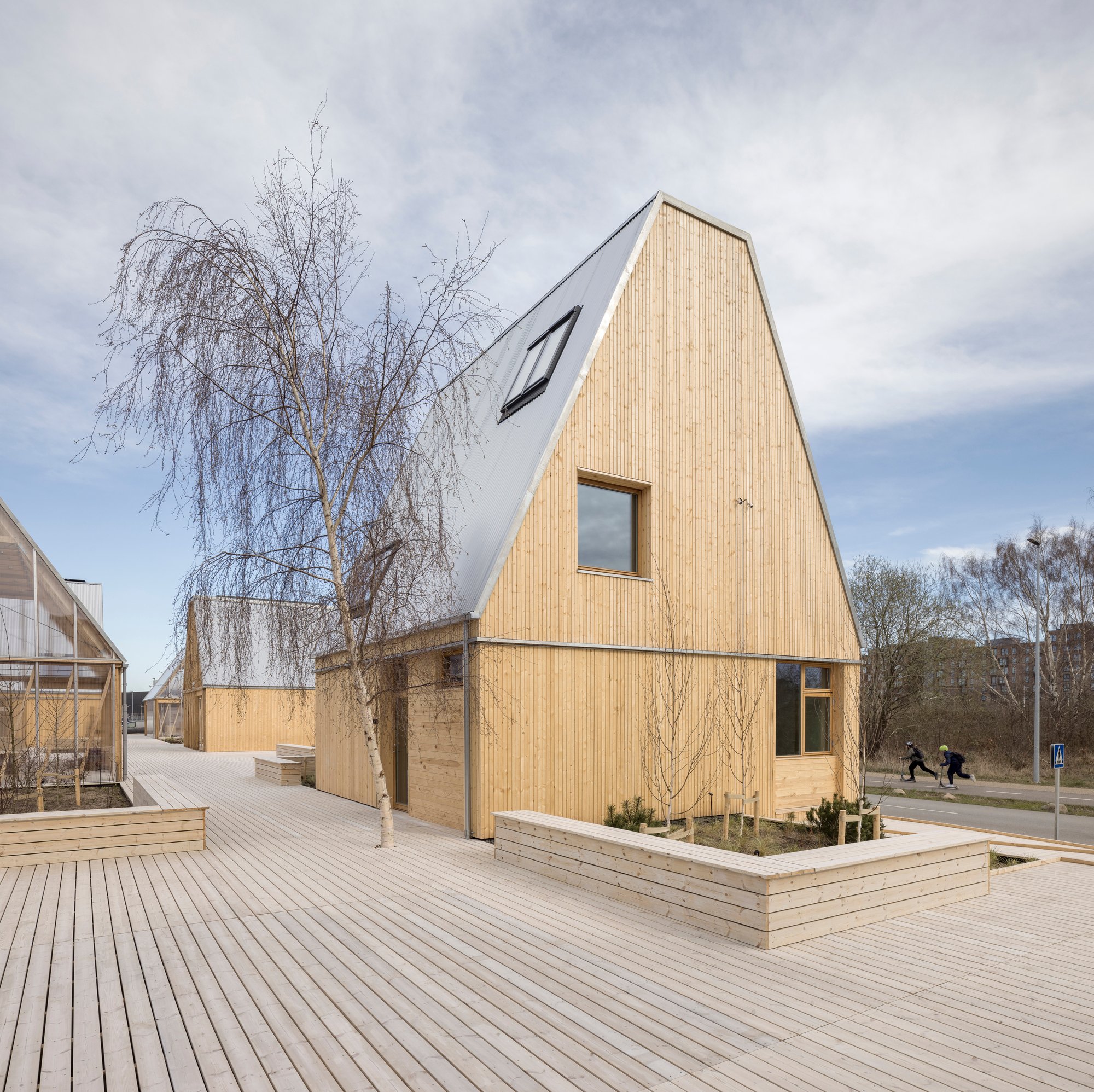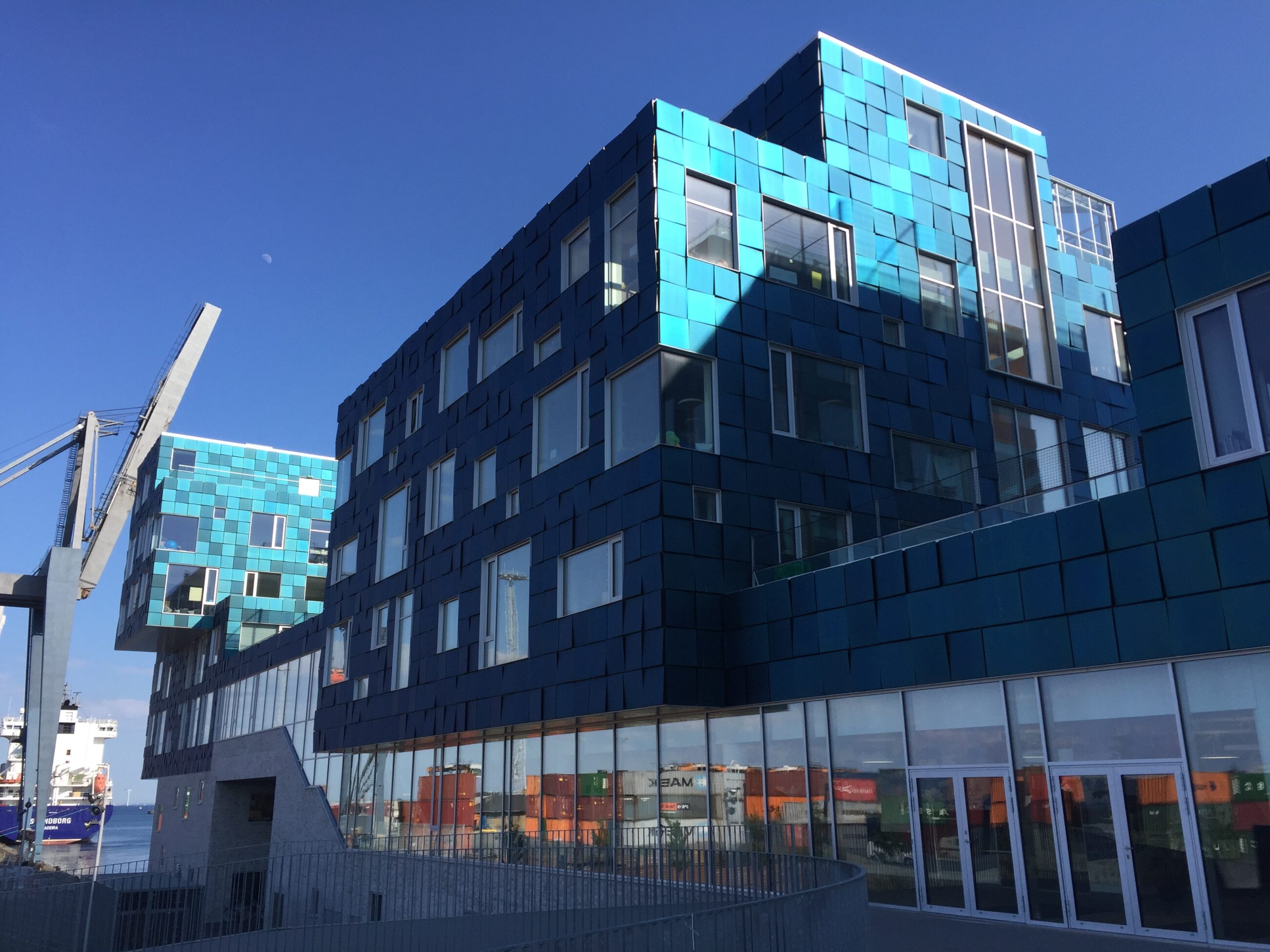News
Buildings
Energy efficiency in buildings
Danish scientists accelerate climate-friendly industrial production


The two Danish companies FLSmidth and ROCKWOOL Group are already working on reducing their carbon footprint, and a new collaborative project is intended to helpaccelerate these efforts.
Great potential for reducin g CO2 emissions in cement production
Cement production accounts for a large part of the world's CO2 emissions. As a result of energy-intensive processes at high temperatures with a high consumption of raw materials and fossil fuels, it is estimated that world cement production is responsible for 8 percent of global greenhouse gas emissions. With the expected reduction in CO2 emissions from sectors such as energy, heat and transport, cement production is expected to account for 26 percent of the global CO2 emissions by 2050 if nothing is done. Consequently, there is a great need and potential for converting to more climate-friendly production.
"To ensure global sustainability we must develop specific low-CO2 processes and continue efforts to utilise more residues and ensure clean air. The world's cement consumption increases as people experience better living conditions. We will support this development by delivering sustainable and competitive processes," said Lars Skaarup Jensen, R & D Specialist and Project Manager at FLSmidth.
Optimising high-temperature processes
Through lower CO2 emissions and reduced fuel consumption, ROCKWOOL expects its production to become more sustainable. For FLSmidth, using alternative cement formulas and production methods will enable the company to launch more efficient technologies for using renewable fuels and reducing emissions.
-Related news: New white paper on energy renovation of buildings launched in Finland
Both companies use technologies based on high-temperature processes, which can be difficult to “see” and measure. The purpose of the project is to optimise these high-temperature processes throughout the entire production chain. This is an area in which the Technical University of Denmark (DTU) excels, and the CHEC research centre at DTU Chemical Engineering has focused on combustion research and emission abatement for several years.
“In order to reduce CO2 emissions further, we need to develop a deeper understanding of the processes in the high-temperature reactors used at the production facilities. Working closely with FLSmidth and ROCKWOOL, we will be performing advanced measurements directly at the plant facilities, so changes can be implemented,” said Senior Researcher Peter Arendt Jensen.
Increased competitive advantages in the global market
Making the production of cement and insulation materials more sustainable will not only benefit the climate but also strengthen the exports of the Danish building materials industry to global markets. By enhancing energy utilisation, minimising environmental impact and maintaining high waste recycling rates, these companies will strengthen their essential technological pole position and thus their competitive strength in global markets.
-Related news: Scotland and Denmark to collaborate on district heating and energy efficiency in buildings
"ROCKWOOL's primary business is supplying our customers with CO2 savings. Our building insulation saves 80 times as much CO2 as we use to make it. We are continuously working on reducing energy consumption in our production and has set ambitious targets for reducing climate emissions. Therefore, we look forward to being part of the research collaboration," said Dorthe Lybye, Program Director of the ROCKWOOL Group.
The project has received a EUR 2.7 million grant from Innovation Fund Denmark.
See the full press release here (in Danish).
Source: Technical University of Denmark
You should consider reading
solutions
Energy efficiency in buildings
+2















